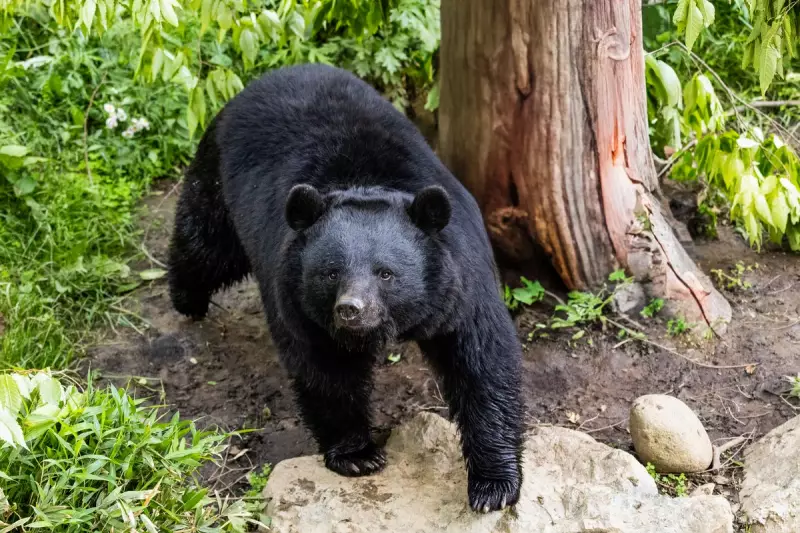
In an extraordinary move highlighting the severity of Japan's wildlife crisis, the nation's military has been deployed to the northern Akita prefecture following an alarming surge in bear attacks and encounters. The region has been gripped by what officials describe as an unprecedented emergency situation.
State of Emergency in Rural Communities
The Japanese government has taken the drastic step of sending soldiers into affected areas after reported bear sightings skyrocketed to nearly 200 incidents in recent weeks. Local authorities, overwhelmed by the scale of the problem, requested military assistance to protect vulnerable residents.
"The situation has escalated beyond what local resources can handle," confirmed a government spokesperson. "We're seeing bear encounters in residential areas that were previously considered safe."
Human Casualties Mounting
The wildlife emergency has already resulted in multiple human casualties, including several serious injuries and at least two confirmed fatalities. Elderly residents and farmers appear particularly vulnerable to the increasing boldness of bears venturing into human settlements.
Experts point to several factors driving this dangerous trend:
- Diminishing natural food sources in bear habitats
- Climate change affecting traditional foraging patterns
- Encroachment of human development into wildlife territories
- An aging rural population less able to deter wildlife
Military Intervention Strategy
The deployed soldiers are conducting patrols in high-risk areas, setting up warning systems, and assisting with the evacuation of residents from particularly dangerous zones. Military teams are working alongside wildlife experts to develop strategies for managing the bear population safely.
Local communities have been advised to take extreme precautions, including avoiding walking alone at dawn and dusk when bears are most active, and securing all potential food sources that might attract the animals.
Long-term Solutions Needed
While the military deployment addresses the immediate crisis, wildlife experts emphasize that long-term solutions are essential. The Japanese Environment Ministry is developing comprehensive plans that balance public safety with conservation concerns.
This unprecedented situation in Akita prefecture serves as a stark warning about the complex challenges of human-wildlife coexistence in increasingly urbanized environments. As climate patterns continue to shift, such conflicts may become more frequent without proactive management strategies.





